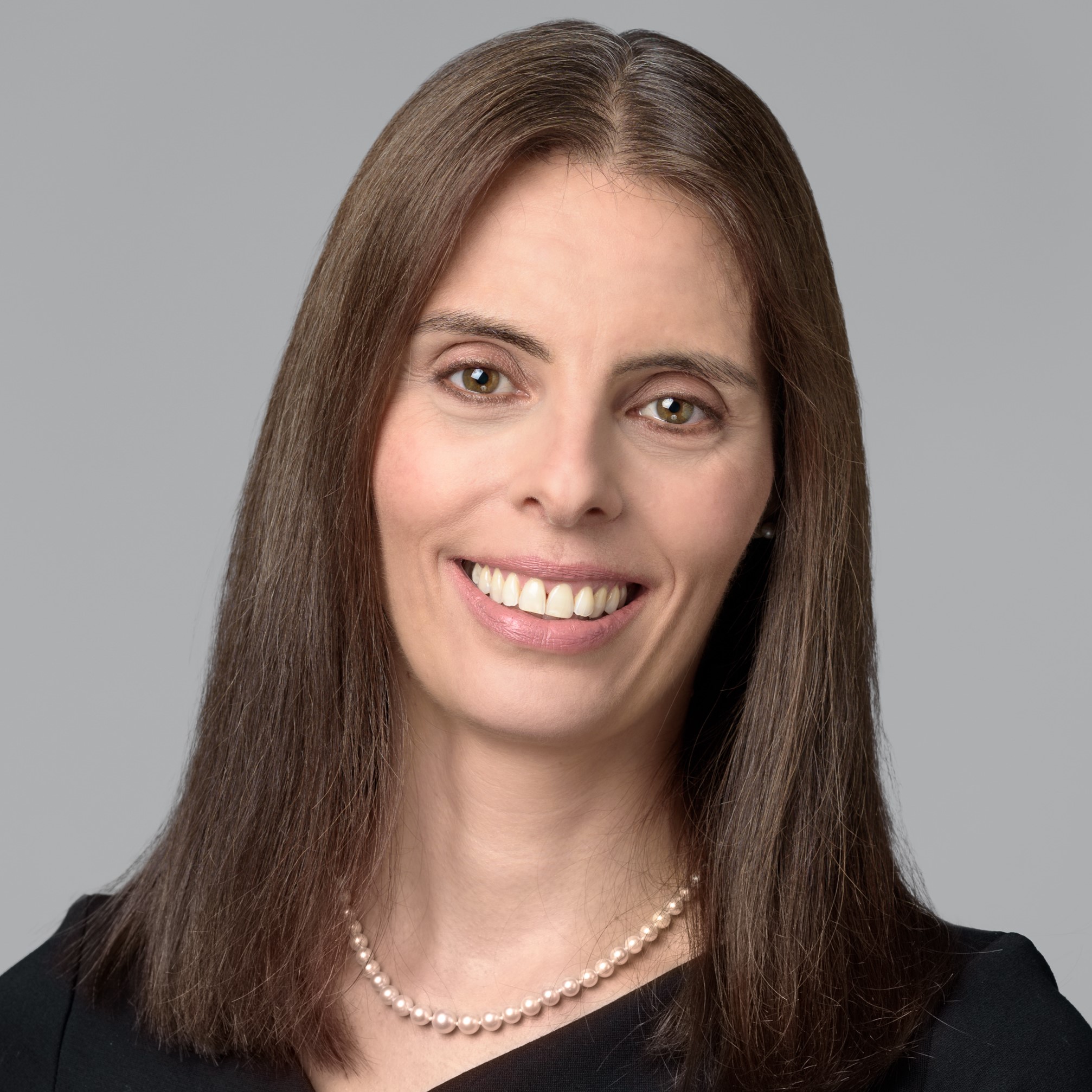How to Educate Yourself on DeFi
Unless you’ve been living under a rock, you’ve heard about Bitcoin. But Ethereum is a different form of cryptocurrency nipping at Bitcoin’s heels. It’s based on a decentralized finance model, or DeFi, which has implications far broader than just crypto. Here’s a primer on DeFi, and a bevy of sources for in-depth learning.


Profit and prosper with the best of Kiplinger's advice on investing, taxes, retirement, personal finance and much more. Delivered daily. Enter your email in the box and click Sign Me Up.
You are now subscribed
Your newsletter sign-up was successful
Want to add more newsletters?

Delivered daily
Kiplinger Today
Profit and prosper with the best of Kiplinger's advice on investing, taxes, retirement, personal finance and much more delivered daily. Smart money moves start here.

Sent five days a week
Kiplinger A Step Ahead
Get practical help to make better financial decisions in your everyday life, from spending to savings on top deals.

Delivered daily
Kiplinger Closing Bell
Get today's biggest financial and investing headlines delivered to your inbox every day the U.S. stock market is open.

Sent twice a week
Kiplinger Adviser Intel
Financial pros across the country share best practices and fresh tactics to preserve and grow your wealth.

Delivered weekly
Kiplinger Tax Tips
Trim your federal and state tax bills with practical tax-planning and tax-cutting strategies.

Sent twice a week
Kiplinger Retirement Tips
Your twice-a-week guide to planning and enjoying a financially secure and richly rewarding retirement

Sent bimonthly.
Kiplinger Adviser Angle
Insights for advisers, wealth managers and other financial professionals.

Sent twice a week
Kiplinger Investing Weekly
Your twice-a-week roundup of promising stocks, funds, companies and industries you should consider, ones you should avoid, and why.

Sent weekly for six weeks
Kiplinger Invest for Retirement
Your step-by-step six-part series on how to invest for retirement, from devising a successful strategy to exactly which investments to choose.
Decentralized finance, more commonly known as DeFi, presents a fundamental shift in the way we’ve built our financial system. It’s the building block of the world’s No. 2 cryptocurrency, Ethereum. If you don’t have a solid understanding of it yet, it’s time to get started.
At its most basic, DeFi is a different use of blockchain, the underlying technology of cryptocurrencies such as Bitcoin. It has the potential to remove banks from the equation, creating a more transparent, traceable system that makes finance accessible to a broader range of people. From crowdsourcing student loans to expanding investment options, DeFi can give you more financial choices.
But it’s not something you want to enter blindly. As a survey by Cardify found, only 15% of crypto investors said they fully understand crypto’s value and potential. If you wish to understand some of the emerging trends in modern finance — while avoiding the perils — you’ll need to understand DeFi.
From just $107.88 $24.99 for Kiplinger Personal Finance
Become a smarter, better informed investor. Subscribe from just $107.88 $24.99, plus get up to 4 Special Issues

Sign up for Kiplinger’s Free Newsletters
Profit and prosper with the best of expert advice on investing, taxes, retirement, personal finance and more - straight to your e-mail.
Profit and prosper with the best of expert advice - straight to your e-mail.
How to get started
Begin by conducting your own research on blockchain, DeFi’s underlying technology.
The key is finding credible, objective sources. That means investigating the sources’ motives and avoiding sites that describe something as all good or all bad. A quality source discusses the pros and cons. If they don’t mention that most digital wallets aren’t FDIC insured, for example, you’re likely in the wrong place.
One way to start would be watching this video by mathematician Grant Sanderson explaining how Bitcoin actually works. Then you could dive deeper by exploring information resources offered by Coinbase and GitHub.
Next, you can consult resources provided by decentralized autonomous organizations, or DAOs. DAOs are ownerless digital groups that exist on the blockchain and pursue a collective purpose. Contributors to these organizations are often at the cutting edge of their topics of expertise, so they can be a great source of information.
Do all that you can to tread a little deeper into the weeds of DeFi. Information on DAOs is updated regularly, which is critical to a rapidly advancing field. If you want to try a learning DAO, check out Crypto, Culture & Society.
But remember, information from DAOs is crowdsourced, and with anything crowdsourced, quality varies. If someone’s telling you something’s the best thing since sliced bread, proceed with caution.
More advanced learning is available
There are obvious limitations to scouring the internet on your own. For more structured learning, webinars and podcasts from credible sources are a sound option. They tend to be quick to market, ensuring information is relatively current.
Think of your quest for knowledge as akin to taking up fishing. Rather than finding the best lake on your own, webinars and podcasts offer a chance to spend an hour with a guide who will tell you where to fish and what lures to use. Some helpful podcasts include the Stephan Livera Podcast, the Real Vision Crypto Channel, The Defiant, the Pomp Podcast and Unchained. As with DAOs, take the advice offered on podcasts with a grain of salt, since their hosts are often deeply invested in the DeFi world.
Massive open online courses (MOOCs) are another option. They’re providers of educational content, targeting different levels of understanding. They’re often taught by credible experts. And unless you want a certificate upon completion, they can usually be audited for free. I found the MOOC “Decentralized Finance (DeFi) Infrastructure,” run by Cam Harvey of the Duke Fuqua School of Business, to be particularly valuable.
The downside is that MOOCs might take six months to bring content to market, meaning they may not be perfectly up to date.
Finally, for those considering a career switch to fintech or who need upskilling for work, bootcamps or higher education programs are a consideration. They provide personalized, intense learning, which can be helpful if you’re looking to switch professional fields.
Many well-established companies have resources available for employees to pursue outside education to upskill. Before pitching an idea for an expensive learning option to your manager, do thorough research first so you’re certain you’ve found the right fit.
Staying ahead of the curve
Just like crypto, DeFi is starting to play an increasingly prominent role in the economy. In the not-too-distant future, you can expect to see DeFi used in a lot of things, from real estate transactions to small-business loans to diversifying your savings.
Even if you’re not ready to jump in, you still should have basic DeFi literacy. Children beginning to save may see the bright lights of Bitcoin and Robinhood, but not so much the pitfalls. They will need your help and guidance.
There’s also the professional advantage. As these new modes of finance expand, you don’t want to wait for someone to tell you your knowledge and skills are out of date. Most corporate learning and development departments tend to be a few steps behind the cutting edge. Gaining a functional knowledge of DeFi tells superiors that you’re well-read, you take initiative, and you’re an employee who gravitates to the head of the pack.
Profit and prosper with the best of Kiplinger's advice on investing, taxes, retirement, personal finance and much more. Delivered daily. Enter your email in the box and click Sign Me Up.

Barbara Petitt, Ph.D., CFA®, is managing director of professional learning at CFA Institute, responsible for offering high-quality, practitioner-relevant educational content to help members and industry professionals strengthen their knowledge, skills and competencies.
She holds the CFA charter and a Ph.D. in Finance from the University of Grenoble Alpes and a master's in Management from EDHEC Business School.